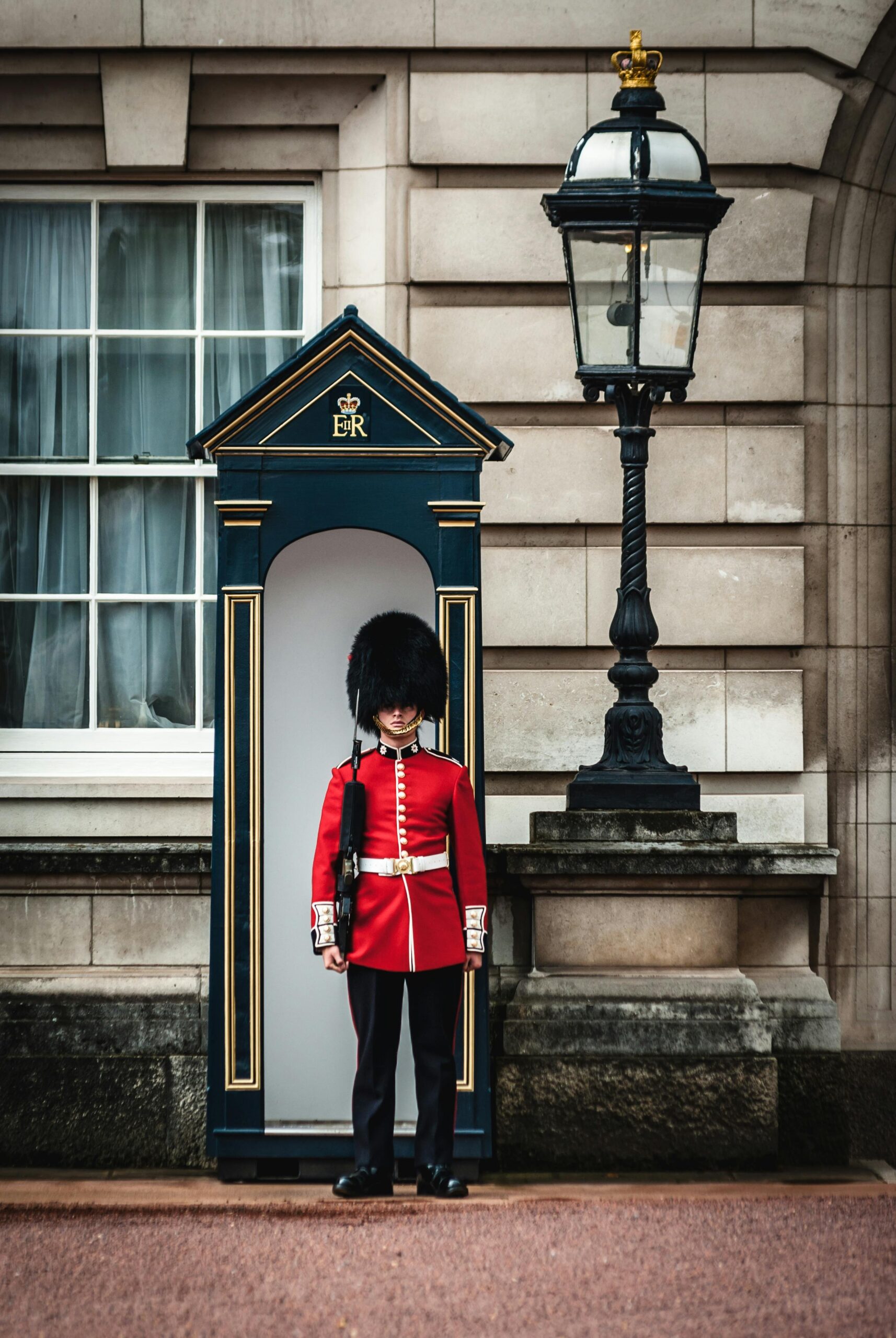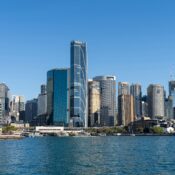
United Kingdom: Culture, Traditions & Identity
Culture & Heritage
The United Kingdom (UK) is a union of four nations — England, Scotland, Wales, and Northern Ireland — each with its own unique identity, yet united by shared institutions, monarchy, and traditions. Rich in history, literature, and influence, the UK has played a central role in shaping the modern world through its empire, language, science, and culture.
Literature & Arts
British literature is globally revered. From William Shakespeare and Jane Austen to Charles Dickens, Virginia Woolf, and J.K. Rowling, British authors have left a profound literary legacy.
In the visual arts, the UK is known for its contributions from painters like J.M.W. Turner and David Hockney, as well as institutions like the Tate Gallery and the British Museum, which house works spanning centuries and civilizations.
Theatre & Music
Theatre has deep roots in the UK, with London’s West End rivaling Broadway. The Globe Theatre, famously associated with Shakespeare, symbolizes this legacy.
Musically, the UK has had an outsized influence on global pop culture. Iconic acts such as The Beatles, Queen, David Bowie, Adele, and Ed Sheeran hail from Britain, shaping music across decades and genres.
Cultural Symbols
Famous national symbols include the Union Jack flag, Big Ben, the red telephone box, double-decker buses, and afternoon tea. The British monarchy, centered at Buckingham Palace, remains a major symbol of tradition and continuity, even as public attitudes evolve.
Traditions & Daily Life
The UK balances deep-rooted customs with modern lifestyles. Tradition is woven into everything from government to education, yet British people are known for their wit, resilience, and openness to change.
Work & Lifestyle
Work culture in the UK tends to be formal yet increasingly flexible, with emphasis on punctuality and politeness. Cities like London, Manchester, Bristol, and Edinburgh are economic and cultural hubs, while countryside living offers a slower, community-oriented pace.
The British highly value privacy, personal space, and a dry sense of humor. Queuing (lining up), tea breaks, and modesty in communication are small but telling aspects of daily life.
Celebrations & Holidays
- Trooping the Colour – A ceremonial celebration of the monarch’s official birthday.
- Bonfire Night (November 5th) – Commemorates the failed Gunpowder Plot with fireworks and bonfires.
- Remembrance Day (November 11th) – Honours fallen soldiers with poppies and moments of silence.
Other major celebrations include Christmas, New Year’s Eve (Hogmanay in Scotland), Easter, and St. George’s, St. Andrew’s, and St. David’s Days, which celebrate England, Scotland, and Wales respectively.
Food Culture
Traditional British cuisine is hearty and comforting, with dishes like:
- Fish and chips
- Sunday roast with Yorkshire pudding
- Shepherd’s pie and bangers and mash
- Full English breakfast
Afternoon tea, with scones, finger sandwiches, and Earl Grey, is a quintessential experience. In modern Britain, multiculturalism has enriched the food scene — Indian curry, Middle Eastern wraps, Chinese takeaway, and Caribbean jerk chicken are as common as traditional fare.
Community & Social Life
Pubs play a central role in British social life — not just as places to drink, but as venues for conversation, quizzes, and connection. Community events, local markets, and sports (especially football/soccer, rugby, and cricket) foster a strong sense of belonging.
Language & Religion
Language
- English is the official language and originated in Britain. It is the primary language across all parts of the UK, though with distinct regional accents and dialects.
- Other native languages include:
- Welsh – Official in Wales and widely taught and spoken.
- Scottish Gaelic – A cultural symbol in Scotland, with active preservation efforts.
- Irish Gaelic – Spoken in parts of Northern Ireland.
- Due to immigration, many other languages are spoken, including Punjabi, Urdu, Polish, Arabic, and Bengali.
Religion
- The UK is constitutionally a Christian nation, with the Church of England (Anglicanism) as the established church, particularly in England.
- Other Christian denominations include Catholicism, Presbyterianism (especially in Scotland), and Methodism.
- The UK is home to large populations of Muslims, Hindus, Sikhs, Jews, and Buddhists.
- A growing number of people identify as non-religious, with secularism and religious freedom protected and respected in public life.
Religious and cultural diversity is embraced across the UK, with interfaith events and multicultural festivals becoming more prominent in cities and towns alike.
All Categories
Recent Posts
Vida Academy
Guyana: Culture, Traditions & Identity
Australia: Culture, Traditions & Identity
+1 (804) 663 8383
connect@cultureecounters.org



